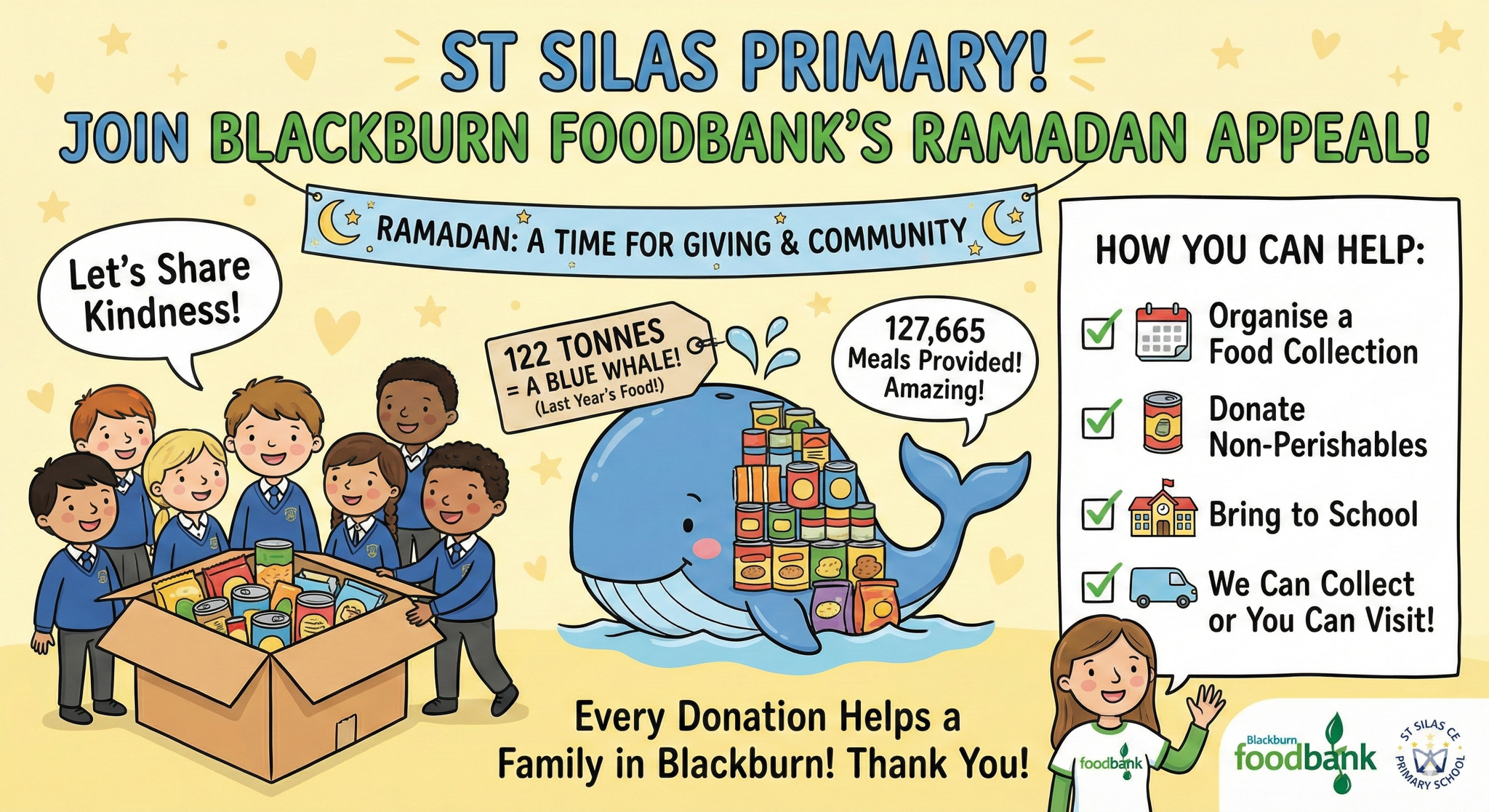Why do we teach Science?
At St Silas, we believe that a broad and balanced science education is the entitlement of all children, regardless of ethnic origin, gender, class, aptitude or disability. We want all pupils to be able to develop a body of knowledge built up through experimental testing of ideas and to find practical ways of finding reliable answers to questions they may ask about the world. Science in our school is about developing children’s ideas and ways of working that enable them to make sense of the world in which they live through investigation, as well as using and applying process skills.
We are proud of our Primary Science Quality Mark.

The aims of the science curriculum at St Silas are:
- Preparing our children for life in an increasingly scientific and technological world
- Fostering concern about, and active care for, our environment.
- Helping our children acquire a growing understanding of scientific ideas.
- Helping develop and extend our children’s scientific concept of their world.
These aims will be met by developing the following skills:
- Giving our children an understanding of scientific processes.
- Helping our children to acquire practical scientific skills.
- Developing the skills of investigation - including observing, exploring, grouping, classifying, questioning, research, modelling, collaborating, planning, testing, measuring, using equipment, communicating , describing/looking for patterns, explaining results and drawing conclusions.
- Developing the use of scientific vocabulary, recording and techniques.
- Developing the use of ICT in investigating and recording.
- Enabling our children to become effective communicators of scientific ideas, facts and data.
To ensure full coverage of both knowledge and skills, teaching of science will be planned to ensure that lessons are imaginative, purposeful, well managed and enjoyable. Teachers will also provide a range of challenges to enable children to develop their scientific thinking and vocabulary.
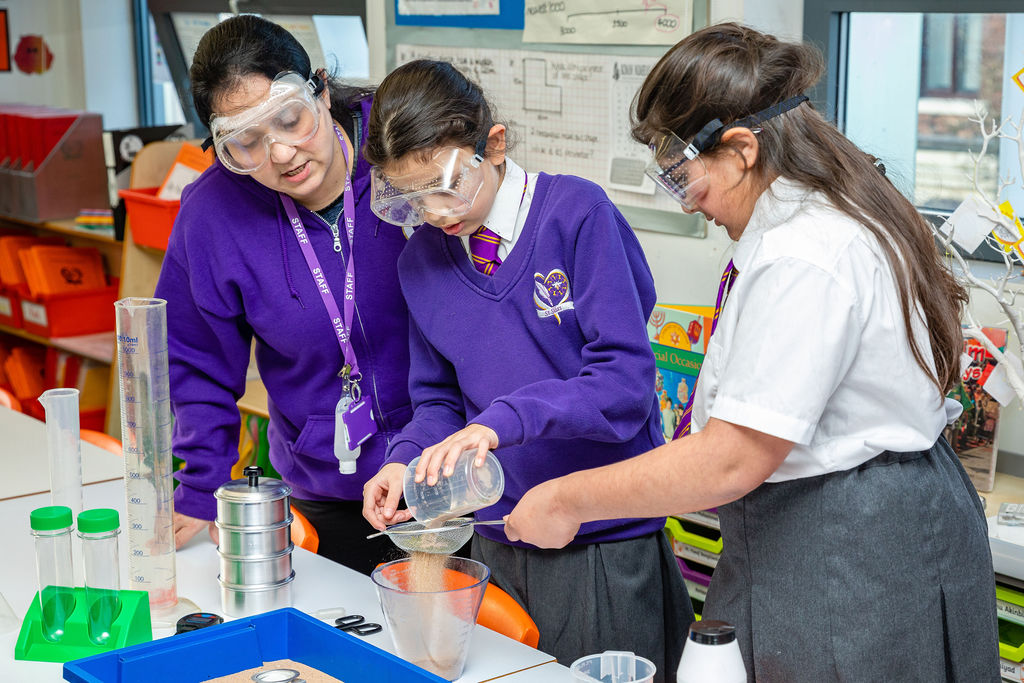
How do we teach Science?
Understanding the World (UW) is one of the four specific areas of learning in Early Years. Challenges are carefully planned as part of the continuous provision which enables children to make sense of their physical world and their community through opportunities to explore, observe and find out about people and cultures, places, past, present and the natural world. Observations by staff informs forward planning which means that science lessons are always both challenging and exciting for our children which ensures that the children have a good understanding of scientific concepts before moving into KS1. There are more details on the science long term plan below.
The teaching of science in KS1 and KS2 incorporates the Kent Scheme which matches the National Curriculum and promotes a hands-on approach to science which has been proved to make abstract knowledge clearer and more concrete as well as enhancing critical thinking skills. This scheme, along with access to a vast range of up-to-date scientific equipment, the use of knowledge organisers in all lessons and subject specific vocabulary displays in classrooms will ensure that children receive the best possible science lessons in our school.
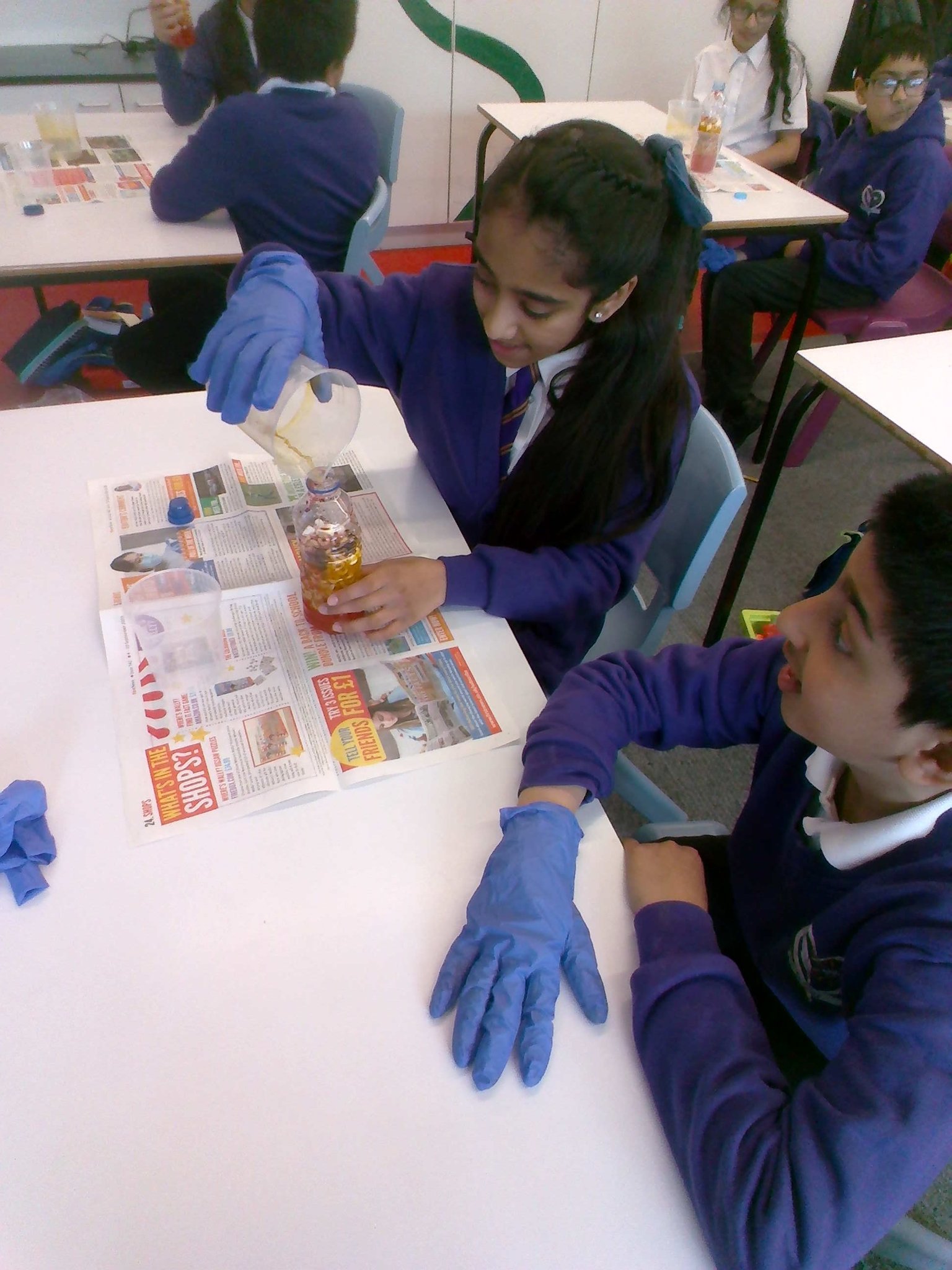 How do we meet the needs of all children?
How do we meet the needs of all children?
Practical science lessons provide opportunities for all children to become involved in learning. This and incorporating Oracy structures into lessons ensures that all children are able to become immersed in the activities to develop their understanding.
Each lesson will be recorded in various ways depending on the activity and will always take into account the child’s learning needs. For example, some children may be asked to write an explanation whereas others may be required to draw and label diagrams as a way of recording their learning. Some of the technology available in school allows children to use voice recordings from which the teacher can assess the learning or record details for observations in EYFS. Oracy structures also allow collaborative learning to take place and the children may work together to produce evidence of their learning and understanding, this provides opportunities for children to discuss and draw conclusions together which is proven to aid the consolidation of knowledge.
What do we teach?
Science policy
Spirituality in Science
Science is all about being curious! It's our special way of asking questions about the world around us and finding out how things work.
Spirituality is all about our feelings inside. It's not about what you can see, but about what you feel. It’s that special feeling you get that connects you to yourself, to other people, and to the world.
Spirituality in Science is about:
-
Wonder: Feeling "WOW!" about a beautiful sunset, a tiny flower, or a cool spider's web.
-
Asking Big Questions: Wondering "who am I?" or "why are we all here?"
-
Connecting: Feeling like you are a part of something bigger than just yourself.
-
Being Kind: Thinking about others' feelings and caring for nature.
Assessment
Science will be continually assessed throughout the year and both knowledge and skill based learning objectives will be tracked using Target Tracker. This approach will inform forward planning to ensure that learning is tailored to each child.
Message from the Subject Leader
Our Science Subject Leader is Miss Greenwood.
Support for Parents
In school, children will have many opportunities to attend trips or welcome visitors to enhance their experience in science. These include and are not limited to:
- Explorer Dome - www.explorerdome.co.uk
- Lancashire Science Festival at UCLAN
- Pond Dipping at various locations
- Habitats at Brockholes Nature Reserve
- Various workshops at Blackpool Zoo (depending on topics being covered)
- Farm visits
- Museum of Science and Industry - Manchester
- Eureka - Halifax
- Spaceport - Liverpool
These trips are always great value for money as schools are able to take advantage of special discounted rates but they are also great places to visit as a family in the holidays and at weekends.
If your child requires any support with their science learning outside of school hours or they just have a thirst for more then there are many websites that they could access. These include and are not limited to:
- www.stem.org.uk
- www.nasa.gov/kidsclub
- https://www.nationalgeographic.org/education/
- https://wowscience.co.uk/
- www.rigb.org/families/experimental
- www.woodlandtrust.org.uk/
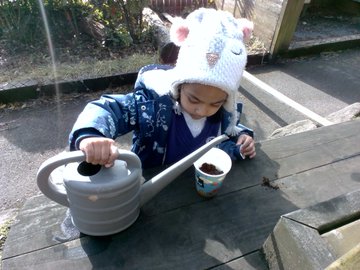
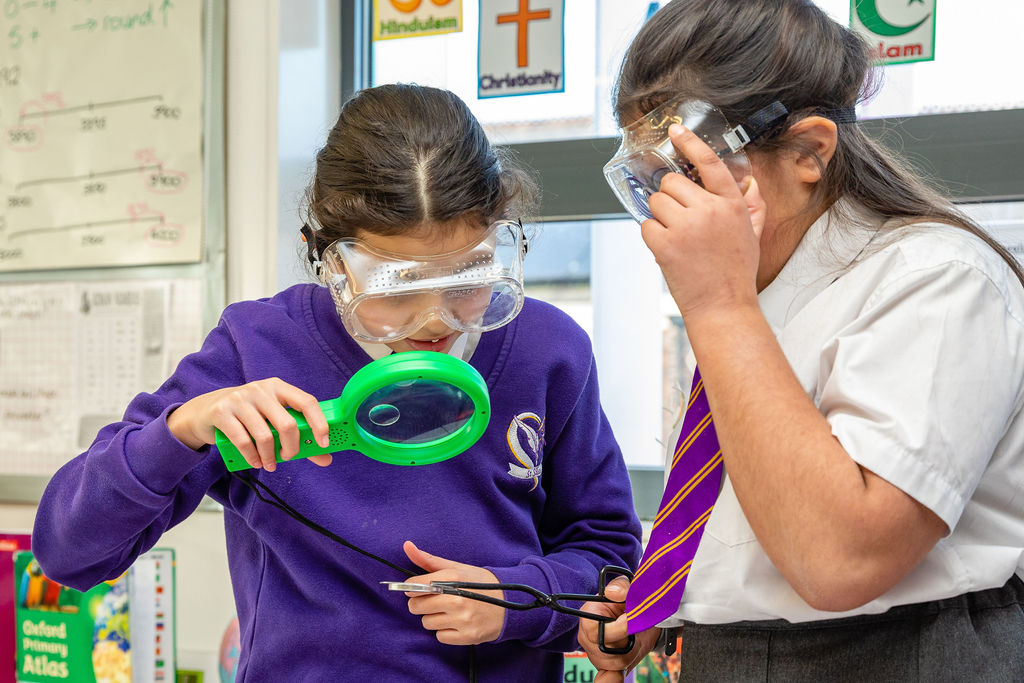
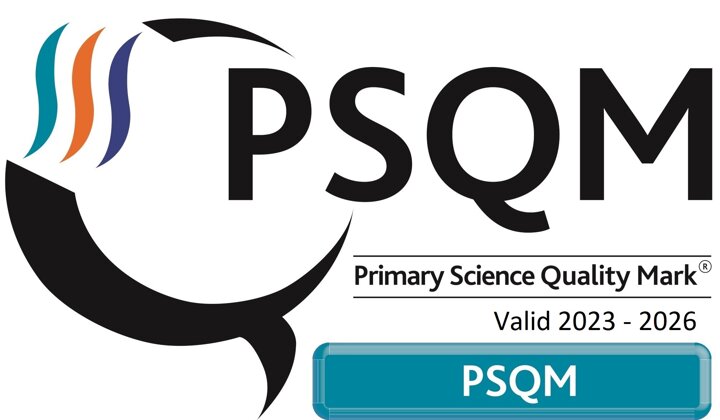
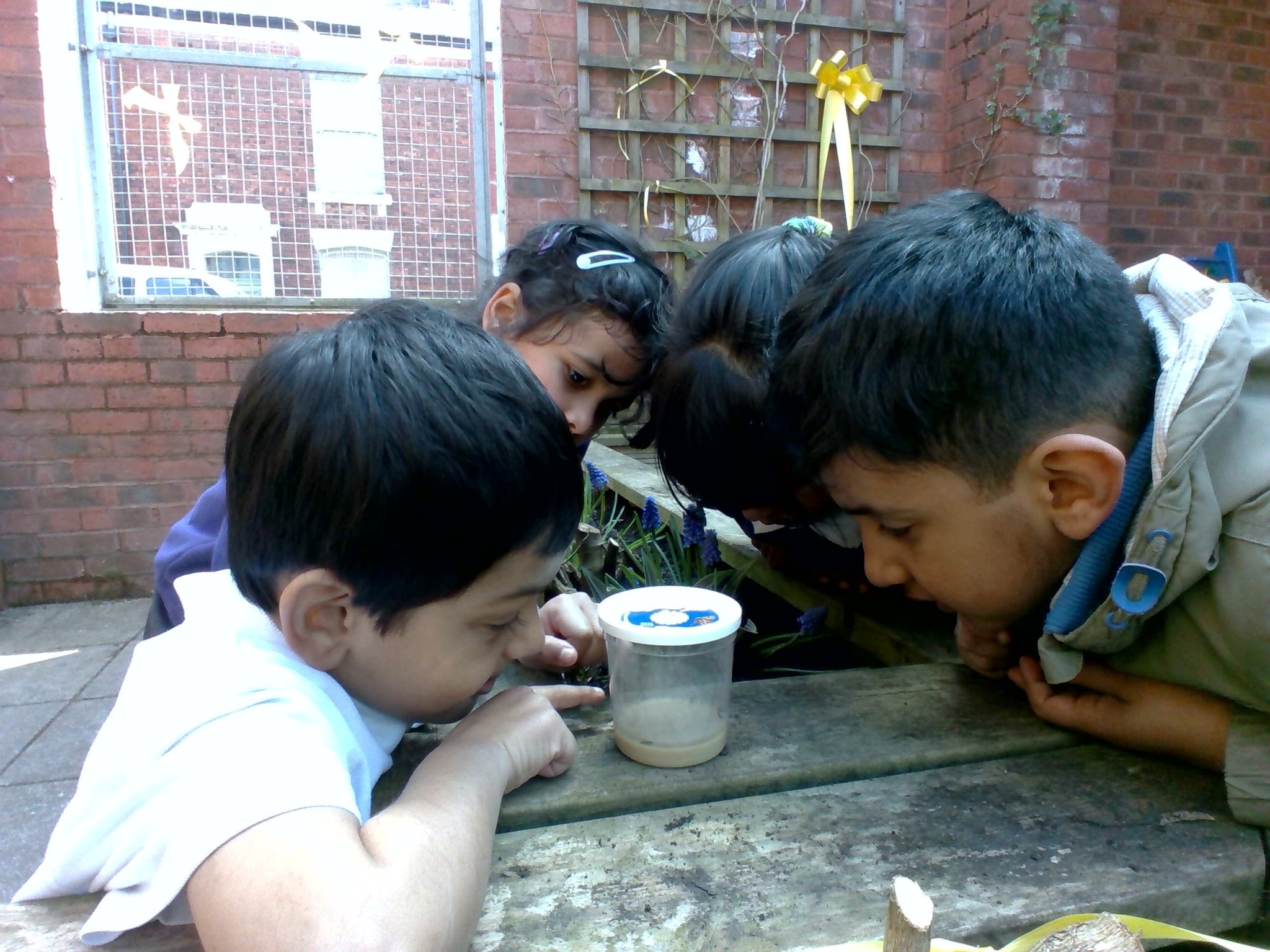
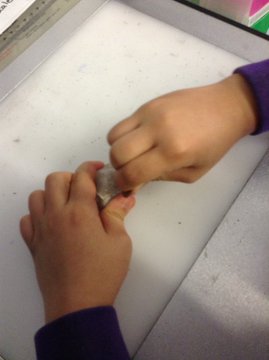
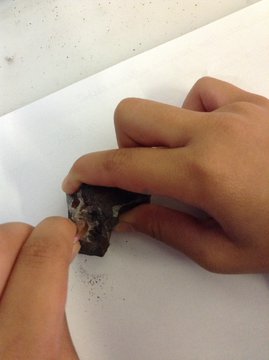

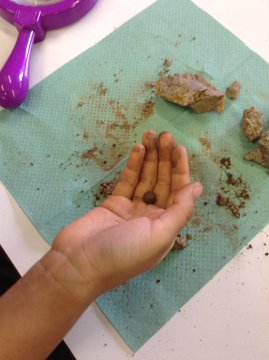
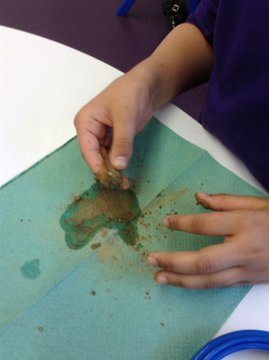
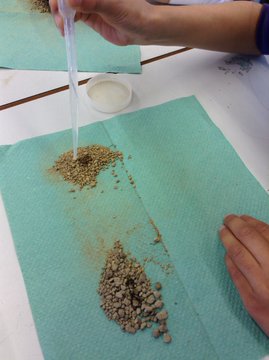
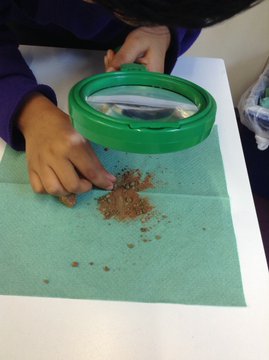
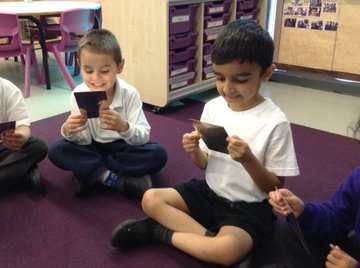
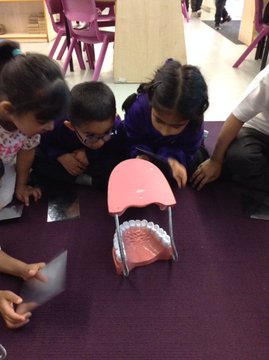
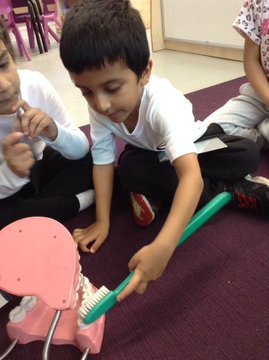
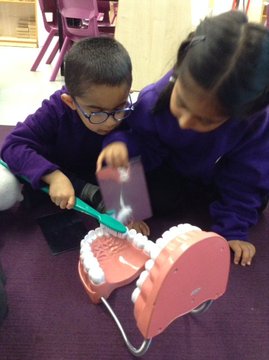
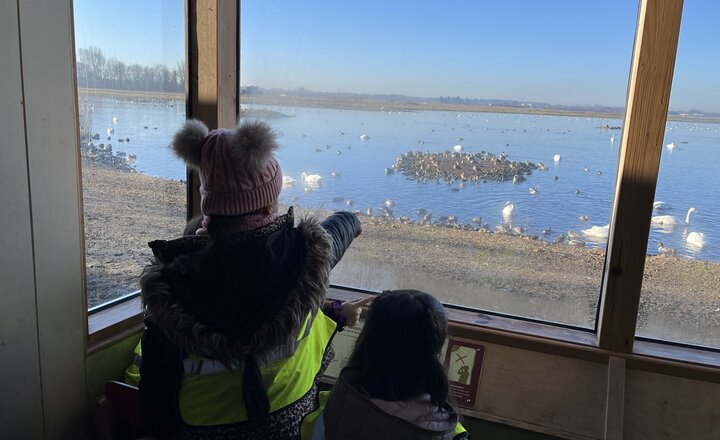
.jpg)
.jpg)
